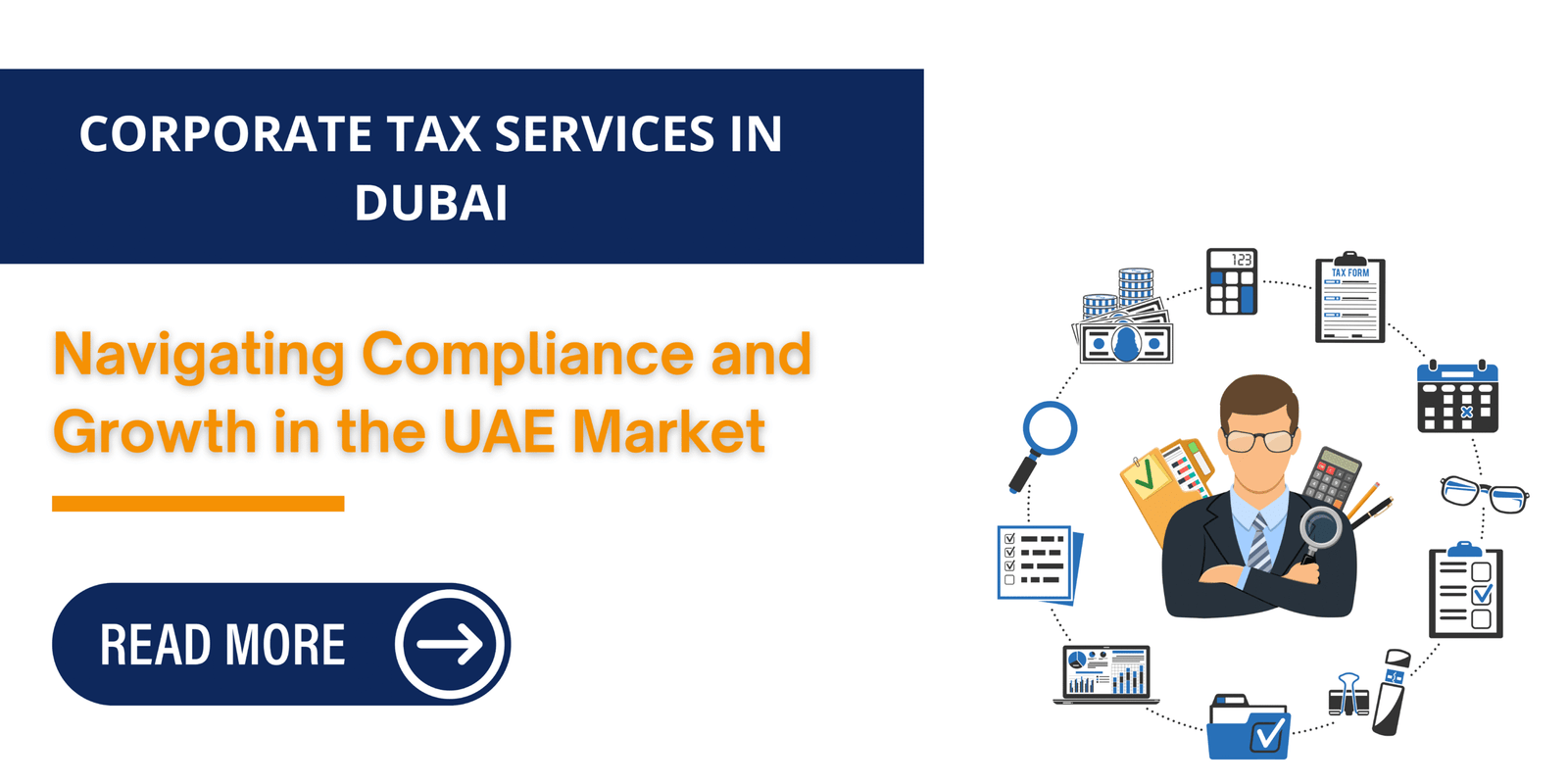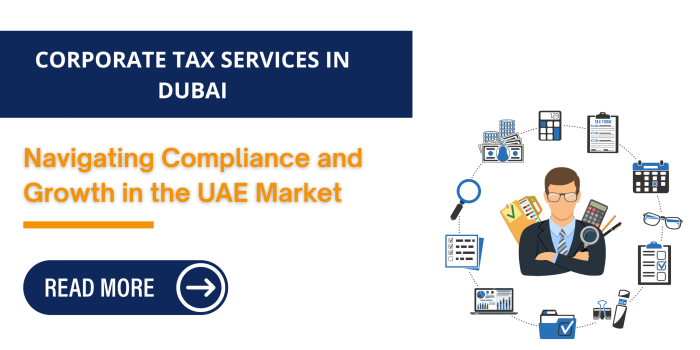
- +971 4242 5253
- info@aey.ae
- Mon - Fri: 9:00 - 18:30
Corporate tax in the UAE, particularly in Dubai, was introduced to promote transparency and reduce reliance on oil-based revenues. The Federal Tax Authority (FTA) has set clear guidelines outlining who is liable, what is taxable, and how entities should file and report.
As of 2023, companies operating in the UAE are subject to a standard corporate tax rate of 9% on taxable income exceeding AED 375,000. This low and globally competitive rate is designed to encourage business activity while maintaining alignment with OECD tax frameworks and BEPS (Base Erosion and Profit Shifting) regulations.
Businesses are required to register with the FTA, maintain accurate accounting records, and file annual tax returns. The scope of the law applies to all entities conducting business, whether established onshore or in free zones (with exceptions for qualified income and activities).
While the corporate tax system in the UAE appears straightforward, compliance involves several nuanced aspects—from understanding exemptions to ensuring accuracy in accounting practices. Tax regulations are dynamic, and non-compliance can result in significant penalties and reputational damage.
Professional corporate tax services in Dubai offer strategic support that extends beyond filing returns. A dedicated tax advisor helps interpret regulatory updates, assess tax exposure, and streamline internal processes for efficiency and transparency. In fast-moving markets like Dubai, this strategic edge can define how a company grows, expands, and competes internationally.
A full-range corporate tax service should address both compliance and advisory needs. Typical services include:
By ensuring all facets are professionally managed, businesses reduce the risk of oversight and optimize their tax position within legal boundaries.

While all businesses above the AED 375,000 income threshold must pay corporate tax, the real question is who needs strategic support. The answer is—almost everyone.
Startups, SMEs, family-owned enterprises, multinational branches, and even holding companies must now treat tax compliance as a priority. For many, this means hiring internal resources or outsourcing to specialized tax firms. Given the complexity of cross-border transactions, intercompany agreements, and reporting obligations under IFRS, professional services are not just helpful—they are critical.
Even businesses in free zones must comply with certain corporate tax rules, especially if they generate non-qualifying income or interact with mainland entities. Thus, the need for expert interpretation and personalized tax strategy applies across sectors and legal structures.
Navigating Dubai’s corporate tax environment requires a proactive, future-focused approach. Partnering with a skilled tax consultant offers several key advantages. It ensures accuracy in tax calculations and financial recordkeeping while keeping the business updated on evolving regulations. Professional support also mitigates risks through proactive compliance strategies and enables tailored tax planning that helps reduce liability. Additionally, it streamlines documentation and prepares the organization for audits or regulatory inspections. Instead of reacting to tax deadlines, businesses can adopt predictive tax planning that aligns financial objectives with legal compliance—minimizing surprises and enhancing long-term stability.
The ultimate goal of tax management isn’t just to stay compliant—it’s to grow. A smart tax plan integrates seamlessly with the overall business strategy. For instance, choosing the right business structure, optimizing supply chain models, or reviewing intercompany pricing can all influence tax outcomes.
By mapping out potential tax liabilities across departments and transactions, companies gain a clearer view of their net profitability and expansion potential. This data is invaluable when raising capital, seeking partnerships, or making M&A decisions.
Moreover, strong tax governance improves investor confidence, which is especially important in today’s regulated financial environment. Whether it’s a boardroom discussion or an IPO roadmap, tax transparency is a critical credibility metric.
Even with access to information, many businesses underestimate the importance of proper tax processes. Common pitfalls include:
A qualified tax consultant helps mitigate these risks, ensuring that businesses stay compliant while improving operational efficiency.
As the UAE continues its commitment to global transparency, the corporate tax system will evolve. Companies should expect changes in thresholds, industry-specific rules, and greater scrutiny from authorities. Businesses that invest now in strong tax infrastructure will be better positioned to adapt and thrive.
Technology is also shaping the future of tax services. Automated filing systems, cloud-based accounting platforms, and AI-driven risk analysis are quickly becoming standard tools. Professional firms that integrate these technologies can deliver faster, more accurate, and more strategic solutions.
Whatever your question is, our team will lead you to the right direction.
+971 56 413 4070
info@aey.ae
Whatever your question is, our team will lead you to the right direction. .